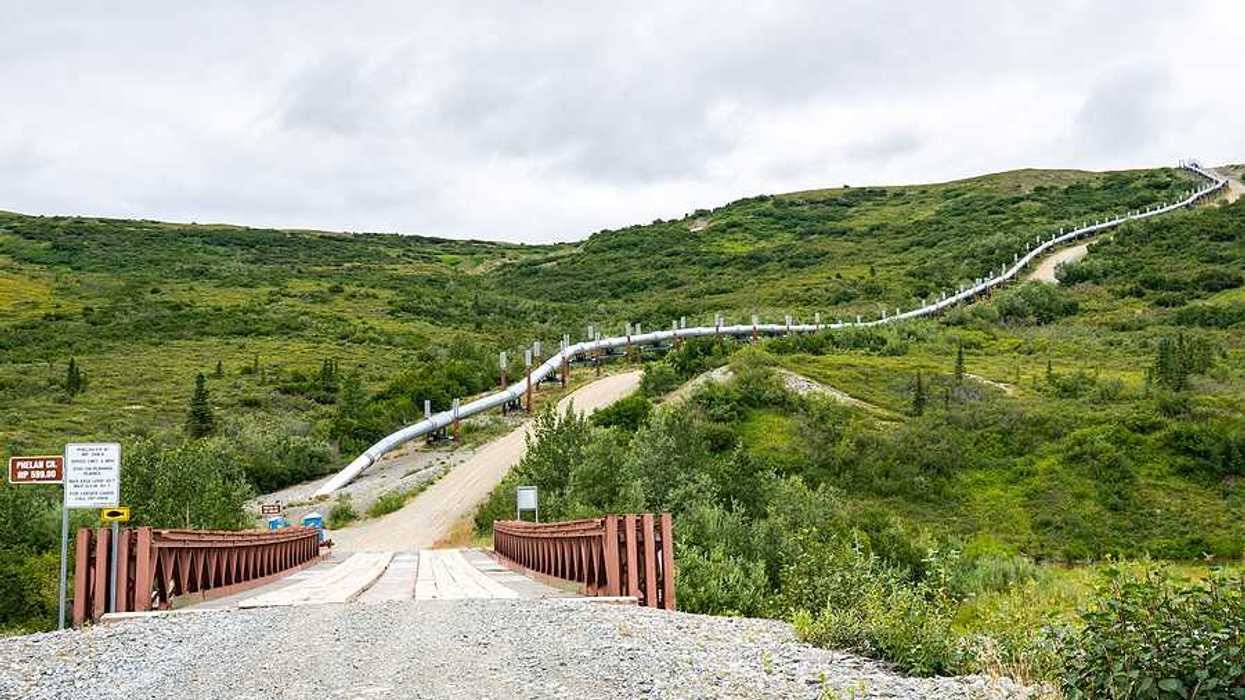Farm groups praised the U.S. Environmental Protection Agency this week for easing restrictions on insecticide use, a move that critics say could harm endangered species and public health.
Carey Gillam reports for The New Lede.
In short:
- The EPA’s new final "Insecticide Strategy" document reduces buffer zones meant to protect endangered species, making it easier for farmers to apply pesticides.
- Major farming organizations backed the changes, while environmental advocates expressed mixed reactions, citing both retained protections and concerning rollbacks.
- Critics, including former U.S. Department of Agriculture scientist Jonathan Lundgren, warned that loosening pesticide rules may increase health risks, biodiversity loss, and environmental degradation.
Key quote:
“This change in policy that reduces the safety considerations and increases the use of pesticides will at minimum result in more sick farming families, greater biodiversity loss, increased pollution of water, and reduced ability of our soils to produce food and store carbon.”
— Jonathan Lundgren, director of the Ecdysis Foundation
Why this matters:
Pesticides protect crops from pests and diseases but often at a cost to human health and the environment. Relaxing regulations may ease burdens on farmers in the short term but could exacerbate long-standing environmental challenges, including soil degradation and carbon sequestration losses. Exposure to certain pesticides has been linked to developmental issues in children, cancer, and reproductive harm. As climate change stresses ecosystems, reducing protections for endangered species and loosening pesticide oversight may deepen ecological imbalances and pose long-term risks to food security and environmental health.
Related:














